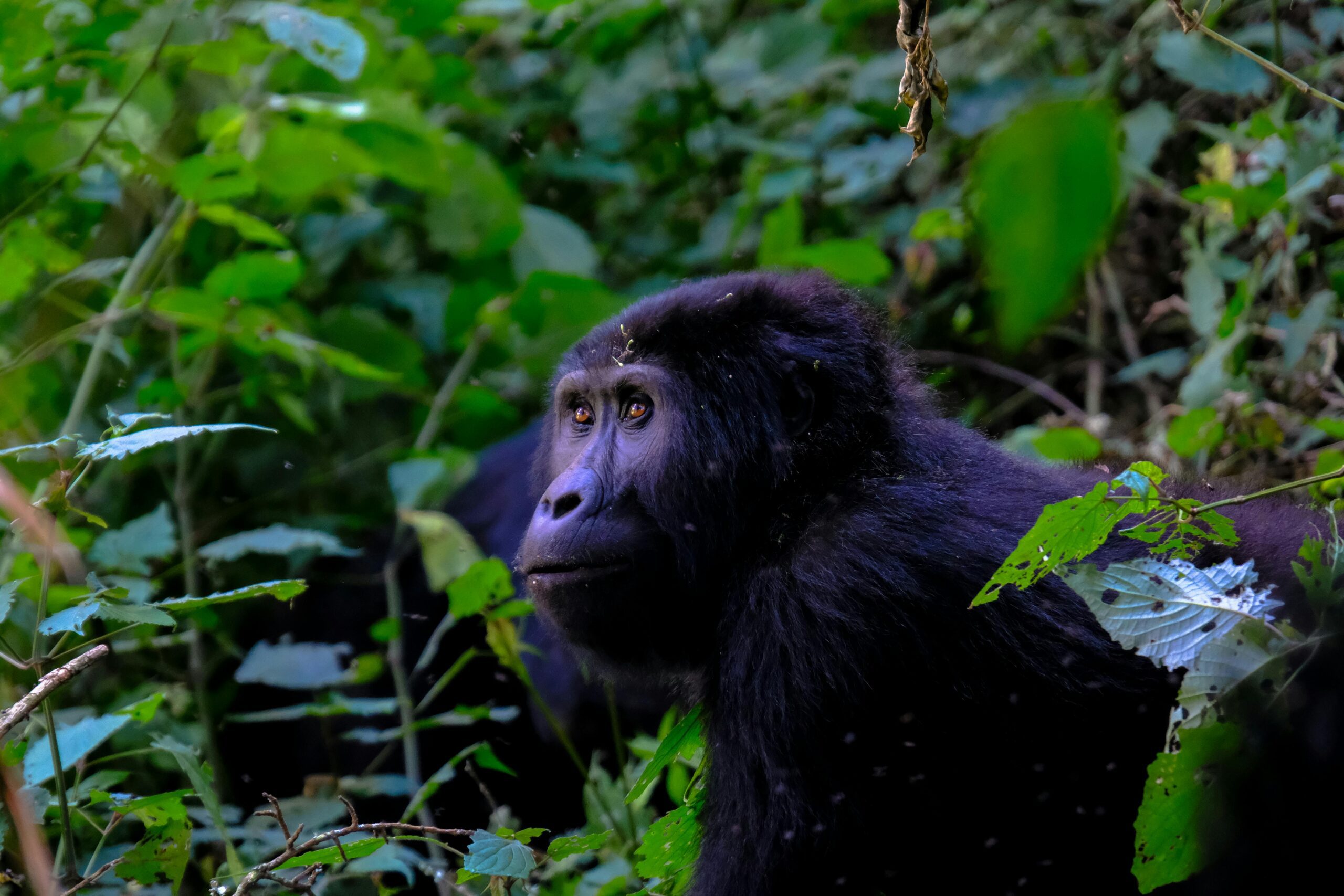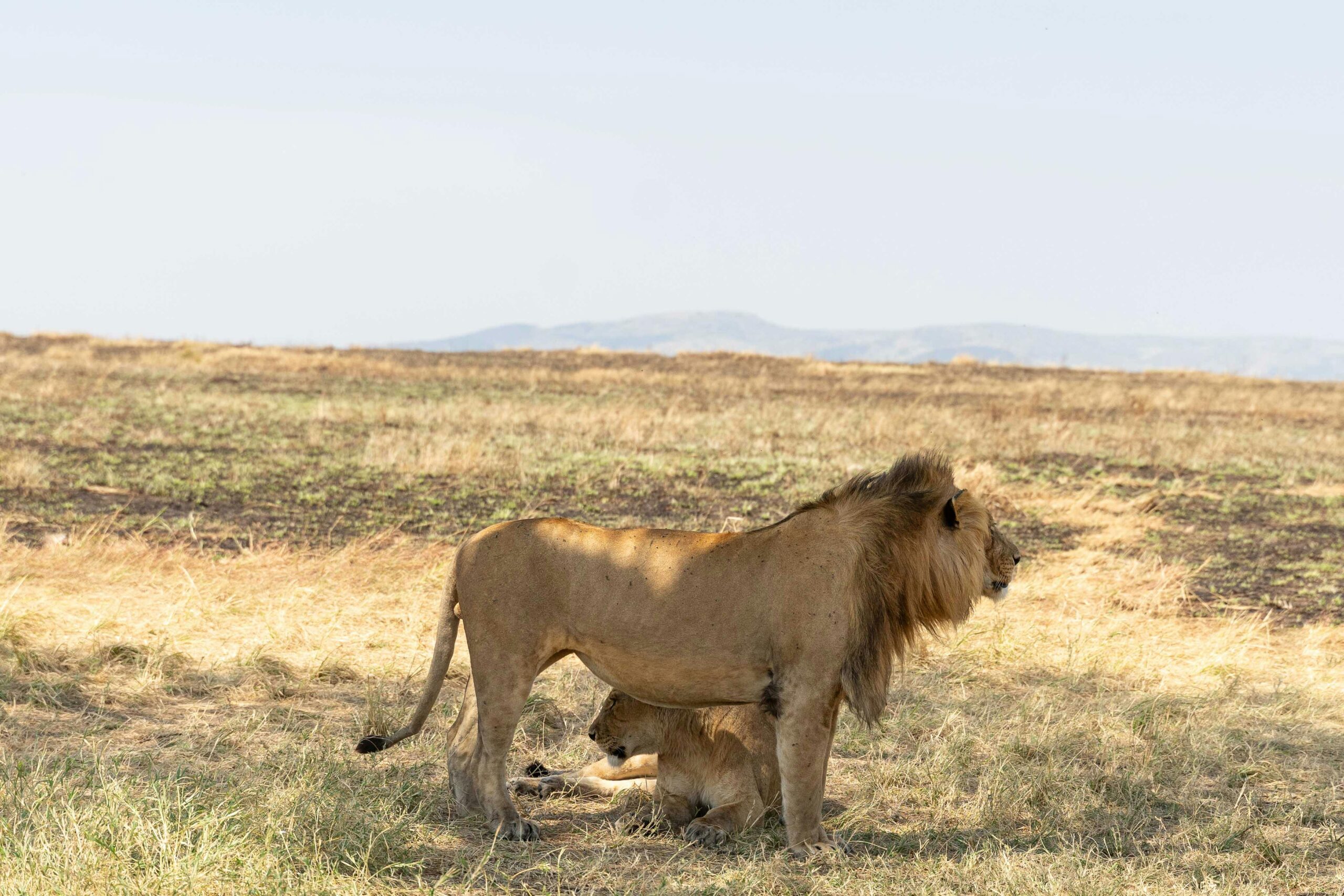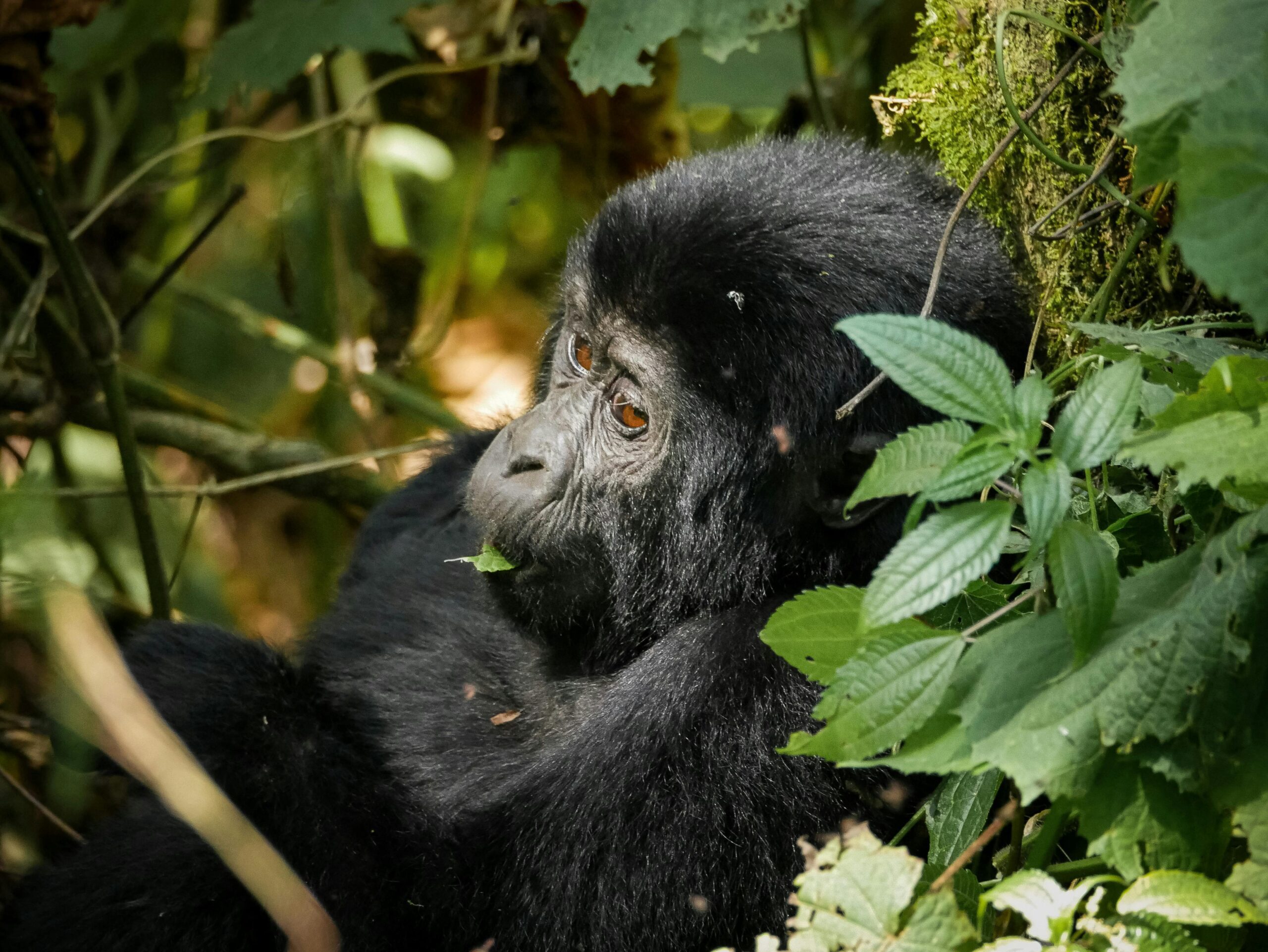Uganda, often referred to as the “Pearl of Africa,” is a landlocked country in East Africa, known for its diverse landscapes, rich culture, and wildlife. It is bordered by Kenya to the east, South Sudan to the north, the Democratic Republic of the Congo to the west, Rwanda to the southwest, and Tanzania to the south. Its southern border is defined by the vast Lake Victoria, shared with Kenya and Tanzania.
Geography and Landscapes
Uganda boasts diverse landscapes, from the snow-capped Rwenzori Mountains to the vast savannah plains, dense rainforests, and the Nile River, which flows through the country, including its famous Murchison Falls. The country’s climate is largely tropical, with its location near the equator providing warm temperatures year-round.
Wildlife and National Parks
Uganda is home to an incredible array of wildlife, most famously its population of mountain gorillas in the Bwindi Impenetrable National Park. The country has 10 national parks, each offering unique experiences. The Queen Elizabeth National Park is known for its tree-climbing lions, while Murchison Falls National Park showcases dramatic waterfalls and wildlife diversity.
One of the most remarkable features of Uganda is its role in conservation, with programs focused on protecting endangered species like gorillas, chimpanzees, and various bird species. Birdwatchers will find Uganda a haven, with more than 1,000 species of birds in the country.
People and Culture
Uganda has a population of over 45 million people, with a rich cultural heritage comprising over 50 ethnic groups. The main ethnic groups include the Baganda, Banyankole, Basoga, and Bakiga, each with their own traditions, languages, and customs. Luganda is the most widely spoken language, but English and Swahili are official languages, making communication easy for travelers.
Uganda’s cultural richness is reflected in its music, dance, and art. Traditional ceremonies and festivals are a vibrant part of life, with celebrations like the Buganda Kingdom’s Kabaka’s Birthday and cultural dances like Bwola and Kiganda drumming being popular.
History and Politics
Uganda gained independence from British colonial rule in 1962. The country has since experienced periods of political instability, most notably during the regime of Idi Amin in the 1970s. However, since the late 1980s, Uganda has seen relative stability under the leadership of President Yoweri Museveni.
The country is a republic with a multi-party political system. Its capital city, Kampala, is the economic and cultural heart of Uganda, known for its bustling markets, historical sites, and vibrant nightlife.
Tourism and Economy
Tourism is a growing industry in Uganda, driven by its natural beauty and wildlife. Gorilla trekking is one of the main attractions, drawing visitors from around the world to the Bwindi Impenetrable National Park and Mgahinga Gorilla National Park. Other popular activities include game drives, boat safaris, bird watching, and exploring the source of the Nile.
Agriculture plays a major role in Uganda’s economy, employing the majority of the population. Coffee is Uganda’s primary export, along with tea, tobacco, and fish. The country has also been making strides in the sectors of technology and education.
Uganda’s Future
Uganda continues to work on infrastructure development and poverty reduction, with a growing focus on sustainability and eco-tourism. Its youthful population offers potential for economic growth, and as peace and stability continue, Uganda remains an outstanding destination for both tourism and investment.
Conclusion
Uganda’s blend of natural wonders, diverse cultures, and a welcoming spirit make it a unique and fascinating destination for visitors looking to experience Africa in its authentic and most beautiful form.











